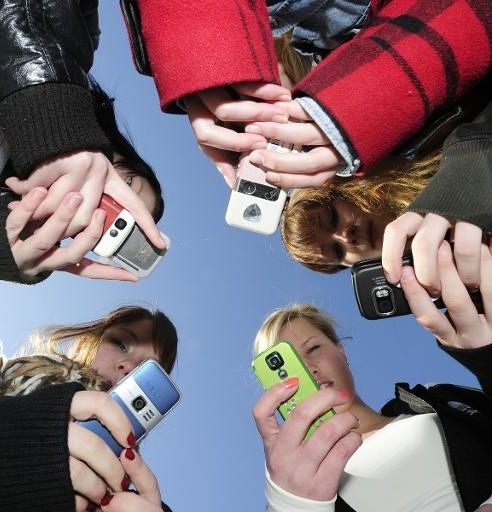Counting sheep: Study links teenagers’ screen time to poor sleep patterns
Teenagers who spend their days staring at computer, mobile phone, tablet or TV screens tend to spend their nights staring at the ceiling, a new study in BMJ Open journal confirms. Researchers surveyed more than 9,800 teenagers on their use of electronics and their sleep habits, including bedtime, sleep duration and how long it took for them to fall asleep. The study’s lead researcher Mari Hysing said there was a “very clear” dose-response association. Those who used electronics for more than four hours were 49% more likely to take more than an hour to fall asleep.
The longer their screen time, the shorter their sleep duration.
Mari Hysing, lead researcher on the study
Teens’ use of devices was also linked with the total amount of time they spent sleeping. For instance, teenagers who spent more than two hours emailing or chatting online were three times more likely to sleep for fewer than five hours. It’s unclear why screen time may disrupt sleep, but it’s possible the light from electronic devices interferes with the body’s internal clock, which controls the circadian rhythm, the researchers said. The findings may help researchers write new guidelines for screen time use among teenagers, they added.

Science teens sleep